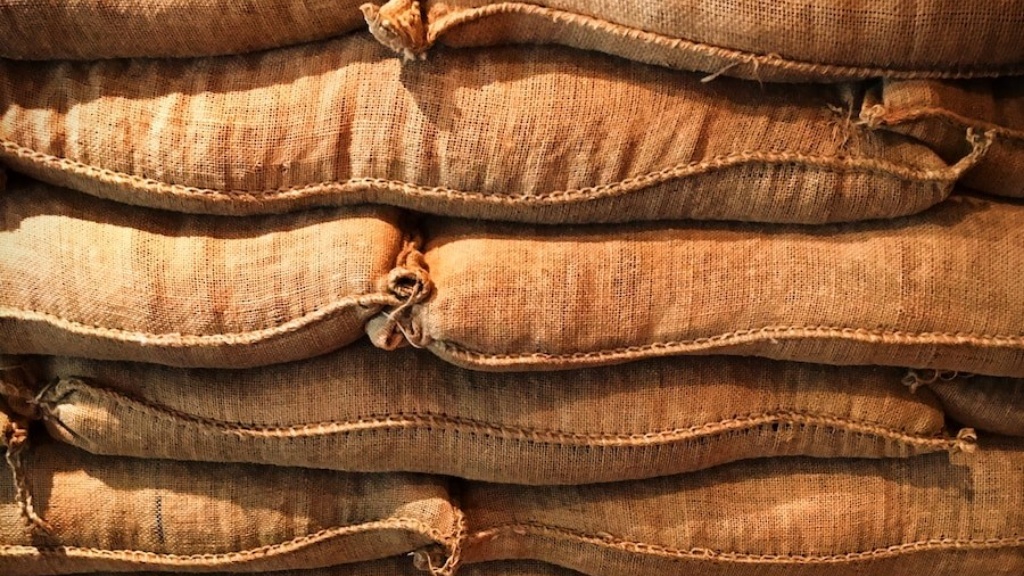The Benefits of Drinking Coffee
Coffee is a popular beverage consumed by many people around the world. It is often used as an energy booster in the morning, but there are many other benefits associated with it. Coffee has been found to be rich in antioxidants and also contains compounds that may reduce inflammation and improve cognitive function. Additionally, it can help with weight loss, increase metabolism, and even reduce the risk of certain diseases such as diabetes. However, it is important to note that coffee does not dehydrate you.
Coffee can also provide a boost of energy for those who need it throughout their day. The caffeine in coffee stimulates the brain and helps keep people alert and focused. It can also increase concentration levels and reduce fatigue which can help improve productivity. Furthermore, studies have shown that regular consumption of coffee may help protect against certain types of cancer and reduce the risk of developing Alzheimer’s disease.
Overall, drinking coffee can offer a variety of health benefits. It can be an important part of a healthy lifestyle if consumed in moderation. Coffee should be enjoyed with caution however, as excessive consumption may result in side effects such as insomnia or anxiety.
Is Drinking Coffee a Diuretic?
Coffee is one of the most commonly consumed beverages in the world, but does it have any effect on hydration levels? While some studies have suggested that coffee can be a diuretic, meaning it may cause dehydration, other studies have found that coffee does not have any significant diuretic effect and can even help with hydration in some cases.
When considering whether or not drinking coffee is a diuretic, it is important to look at the caffeine content. Caffeine is known to act as a stimulant and can lead to increased urination and dehydration in high doses. However, moderate amounts of caffeine (up to 200-300mg per day) are usually considered safe and may not lead to dehydration.
In addition to caffeine content, it is also important to consider what other ingredients may be present in coffee. Many types of coffee contain added sugar and cream which can contribute to dehydration if consumed in excess. It’s also important to consider how much water you are consuming alongside your coffee – as drinking enough water throughout the day will help offset any potential dehydration from coffee consumption.
Overall, there is still much debate over whether or not drinking coffee can be a diuretic or lead to dehydration. While it may be beneficial for those who consume moderate amounts of caffeine and stay hydrated throughout the day, those who consume large amounts of caffeine or too few fluids may find themselves becoming dehydrated. Therefore, it’s always best to practice moderation when consuming caffeinated beverages such as coffee.
How Much Coffee Is Too Much?
Coffee is a popular beverage and many of us rely on it to get through the day. But how much coffee is too much? While some people may be able to drink several cups a day without any problems, others may experience negative effects such as increased heart rate, insomnia, and restlessness. It’s important to note that drinking too much coffee can also lead to dehydration, as caffeine is a diuretic. This means that it can cause you to lose more water than you take in – something that should be avoided as it can lead to fatigue and other health issues. To ensure your coffee consumption is healthy, consider limiting your intake to no more than two cups per day.
Furthermore, if you are prone to dehydration or any other adverse health effects from drinking coffee, it’s best to avoid it altogether or switch to decaf options. Additionally, staying hydrated by drinking plenty of water throughout the day can help mitigate the effects of caffeine on your body. Finally, if you are still feeling the effects of too much caffeine after reducing your intake, consult with your healthcare provider for further advice.


